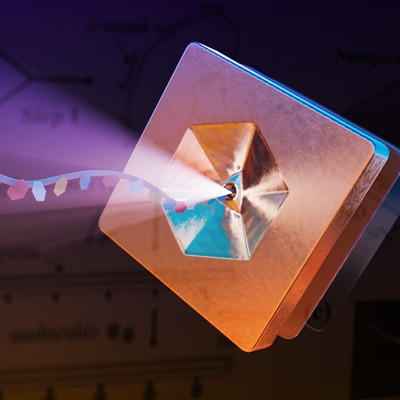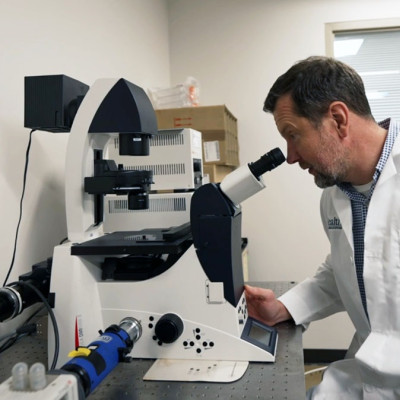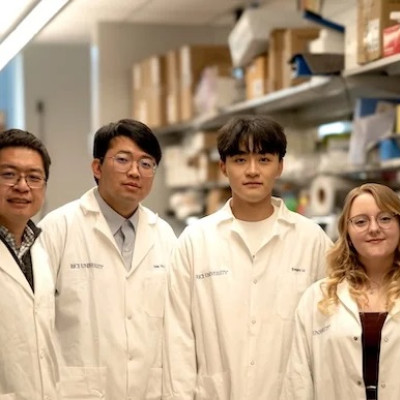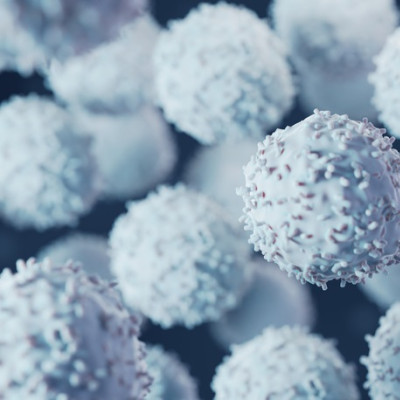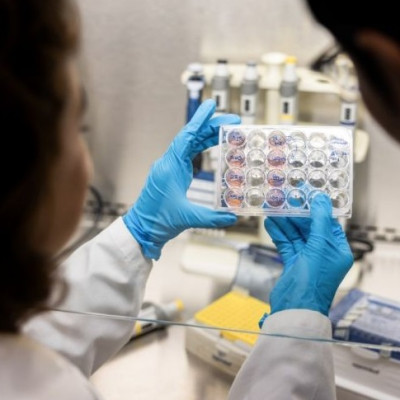One of the most promising applications of nanotechnology in healthcare lies in the development of advanced drug delivery systems. Traditional methods of drug administration often result in suboptimal efficacy due to poor bioavailability and off-target effects. However, by utilising nanoscale materials and devices, scientists can now overcome these challenges.
Nanoparticles, such as liposomes and polymeric nanoparticles, serve as efficient carriers for drug molecules. These nanoparticles can encapsulate therapeutic agents, protecting them from degradation and enabling controlled release at the desired site. Additionally, their small size allows for enhanced penetration into tissues, enabling targeted delivery to specific cells or organs.
By tailoring the surface properties of nanoparticles, researchers can achieve site-specific drug delivery. For instance, by attaching ligands or antibodies to the nanoparticle surface, drugs can be selectively delivered to cancer cells, minimising damage to healthy tissues. This targeted approach not only improves treatment outcomes but also reduces the occurrence of adverse side effects associated with conventional therapies.
Nanotechnology also offers opportunities for gene therapy. Nanoscale carriers can protect and deliver therapeutic nucleic acids, such as DNA or RNA, to target cells. This approach has the potential to correct genetic defects, modulate gene expression, and suppress disease-causing genes. The precise and controlled delivery of gene-based therapies using nanocarriers is a promising avenue for treating inherited disorders and various types of cancer.
Nanotechnology has also revolutionised the field of diagnostics, enabling more accurate and rapid disease detection. Nanoscale materials, such as quantum dots and gold nanoparticles, possess unique optical and electrical properties that can be exploited for diagnostic purposes.
Quantum dots, semiconductor nanocrystals, emit specific wavelengths of light when excited, making them ideal for labelling and imaging biomolecules. They can be conjugated to antibodies or DNA probes, allowing for highly sensitive and specific detection of disease markers. This technology has paved the way for more accurate diagnosis of diseases such as cancer, infectious diseases, and genetic disorders.
Gold nanoparticles, on the other hand, exhibit a phenomenon called surface plasmon resonance, making them excellent candidates for biosensing applications. By functionalizing gold nanoparticles with specific biomolecules, researchers can create biosensors capable of detecting minute concentrations of disease biomarkers. This breakthrough technology enables the development of point-of-care diagnostic devices that are portable, affordable, and provide real-time results.
Precision medicine aims to tailor treatment strategies to individual patients based on their unique characteristics. Nanotechnology plays a crucial role in this endeavour by enabling targeted therapies that precisely deliver drugs to diseased cells or tissues.
One approach involves the use of nanoscale drug carriers, such as dendrimers or nanocapsules, which can be loaded with therapeutic agents. These carriers can navigate through the body’s barriers, such as the blood-brain barrier, and deliver drugs directly to the affected site. By concentrating the therapeutic payload at the target location, higher drug concentrations can be achieved, maximising efficacy while minimising systemic toxicity.
The use of nanoscale materials and devices in healthcare has the potential to revolutionise treatment outcomes and minimise side effects. By precisely targeting diseased cells, nanotechnology reduces the exposure of healthy tissues to therapeutic agents, resulting in fewer adverse effects. Moreover, the controlled release of drugs at the target site ensures optimal drug concentration, maximising therapeutic efficacy.
Nanotechnology also offers improved imaging techniques, enabling earlier disease detection and accurate monitoring of treatment response. This facilitates timely adjustments to treatment plans, leading to better patient outcomes. Additionally, nanoscale devices allow for minimally invasive procedures, reducing trauma and promoting faster recovery.
Furthermore, nanotechnology enables the development of stimulus-responsive drug delivery systems. These systems are designed to release drugs in response to specific triggers, such as changes in pH or temperature. By exploiting the unique properties of nanomaterials, researchers can create smart drug delivery systems that respond to the microenvironment of the disease site, improving treatment precision and reducing side effects.
Nanotechnology has ushered in a new era in healthcare, transforming the way we diagnose and treat diseases. By leveraging the unique properties of nanoscale materials and devices, researchers have made significant strides in drug delivery systems, diagnostics, and targeted therapies. Enhanced drug delivery systems improve treatment efficacy while minimising side effects. Advanced diagnostics provide more accurate and rapid disease detection. Targeted therapies enable precision medicine by tailoring treatments to individual patients. As nanotechnology continues to advance, its potential in healthcare holds the promise of revolutionising patient care and improving treatment outcomes.
Read the original article on Times of India.


